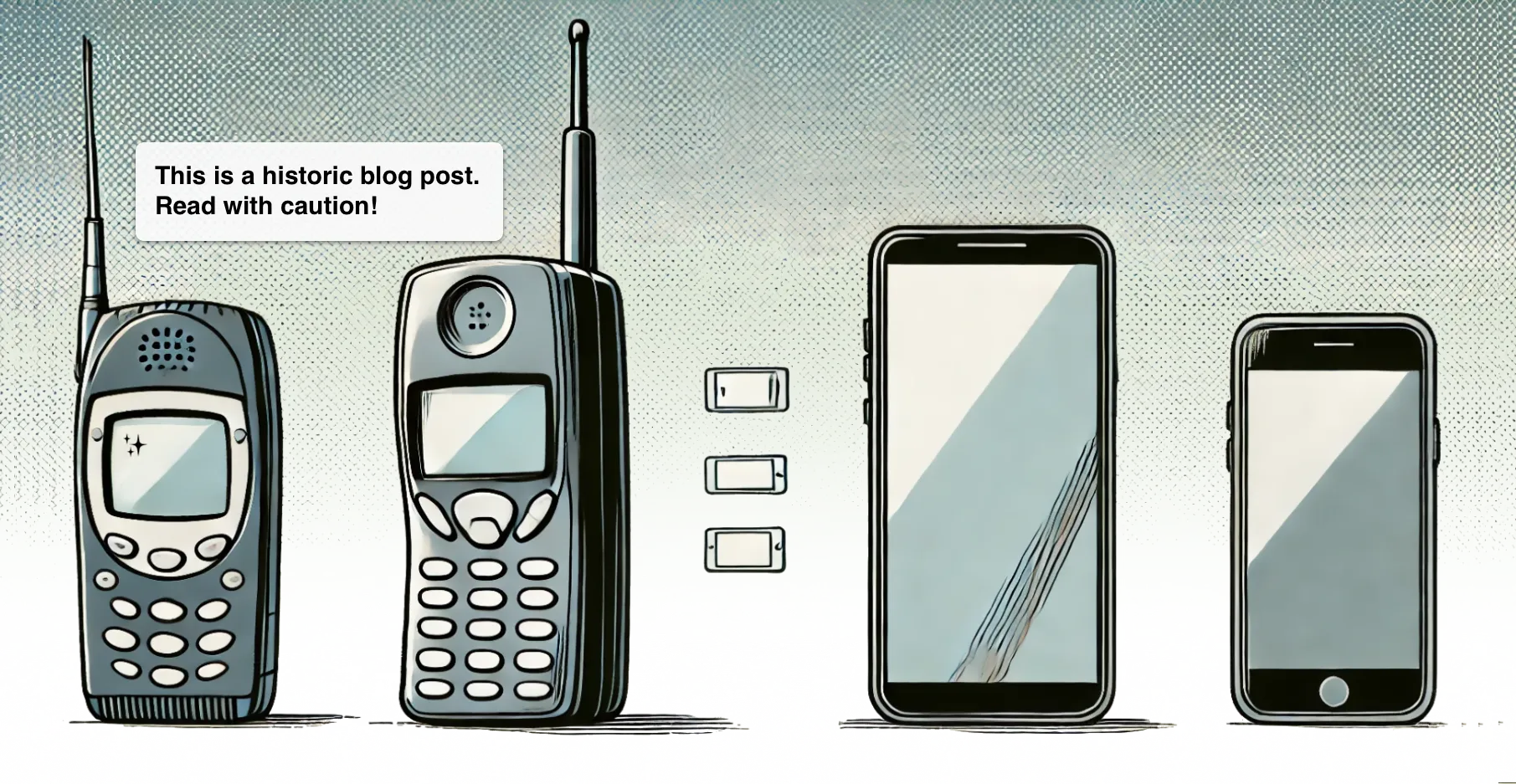At Mobile World Congress 2010, Adobe announced today that it will bring Adobe Air to mobile devices , starting with Android and Blackberry phones.
At the moment you can build desktop web applications with AIR that run outside the browser on multiple operating systems, but soon it will be possible to create Android and Blackberry apps as well. These mobile apps will be able to store data locally on the phone, access other data on the phone such as photos, and be distributed as regular apps in the Android and Blackberry app stores. Not only that, but the same apps created with Flash developer tools will be exportable as iPhone apps (”Packager for iPhones”). The big picture is that developer can create applications once with Adobe’s developer tools and then output them as AIR apps for Android and Blackberry phones, native iPhone apps, or Flash apps on the Web.
“Adobe AIR 2.0 is a great technology for developing engaging mobile applications,” said Christy Wyatt, vice president, Software Applications and Ecosystem at Motorola. “We look forward to seeing AIR come to the Android platform and developers creating applications that will delight our end-users.”
Furthermore, Adobe hasjoined the mobile-Linux-on-phones group (LiMo Foundation) and will work with LiMo members (LG Electronics, NEC, NTT Docomo, Orange, Samsung, SK Telecom, Vodafone etc.) to add a Flash Player API to LiMo. Adobe wants to see Flash Player on nearly all mobile platforms. Only Apple is constantly rejecting Flash, preferring to use HTML5 rather than incorporate with Adobe’s proprietary runtimes into the iPhone and iPad.
Looking at the desktop space Adobe Air surely has many advantages to offer developers, so we feel like this might be a good tool to develop apps for mobile phones too. We have added Adobe Air as a possible engine for application development to our mobile widget wiki. The crowd of mobile widget engines is still a growing one and various competitors are entering the space. Aside from more developers being attracted to mobile development, this also means increased fragmentation - unfortunately. On the other hand any tool enabling us to reach new devices and markets is always welcome.
Sources: blog.mobilegamesblog.comh-online.commarketwatch.comsfgate.comwashingtonpost.com
